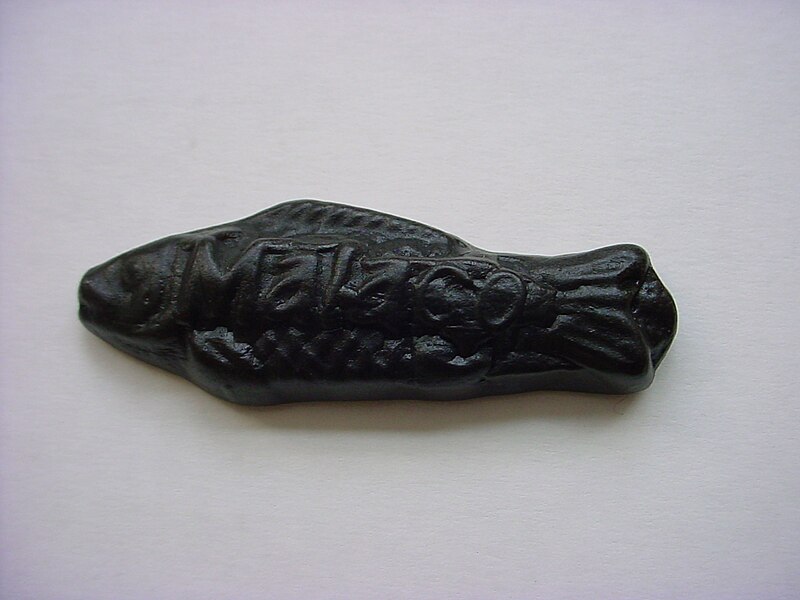In a world of big data and high-tech monitoring – scientists continually find new ways to model, and analyse how humans are consuming natural resources. One question that researchers have been attempting to answer is: how do we best manage global fish stocks? Looking after this dynamic resource is challenging, and records show our historical strategies leave a lot to be desired. Cod, anyone?
In a perfect world, sustainable fish harvest could be managed by adhering to a small number of rules: maintaining large stocks of fish populations, minimising impact on fish habitat, and by reducing by-catch. Unfortunately due to disparate views on how these outcomes can be achieved, fish stocks continue to decline worldwide. As fish are typically shared resources – individuals will exploit populations without supervision. Despite only a proportion of those individuals being exploitative the price is paid by all. This phenomenon is known as the tragedy of the commons.
A group of scientists from the University of Bergen tested a novel application of ecological theory by conducting a social experiment where 11 groups of individuals were given a ‘fish stock’ to manage. The fish stocks were composed of candy fish within a glass bowl. Bowls were left on coffee tables in offices along with a specific set of instructions for management shown below in Figure 1. These treatments left one group as non-accountable, and the second as accountable for harvesting. The groups previous experience working with fisheries data was included as a secondary treatment, where five groups had previous experience with fisheries science and six groups had no experience.
This ‘fish stock’ was composed of 50 candy fish within a bowl. Each bowl contained 25 red, and 25 black fish flavoured with strawberry and licorice respectively. The researchers treated the populations as having two separate genotypes, corresponding to the red and black phenotypes. The two phenotypes also shared a common rate of density-dependent population regulation – black fish gave birth only to black fish, and red fish gave birth only to red fish. Population growth rate was set as λ=3, while the carrying capacity was set as N=50.
The instructions did not explicitly indicate that the candy fish were part of an experiment, but the note implied that the candy was not a gift. By not clearly defining the purpose of the experiment, the researchers hoped to have more accurately mimicked an unregulated fishery. The experiment lasted eight fish generations, and was repeated a second time after a fortnight to assess if previous experience changed the way that the fish stocks were managed. Fish abundance was assessed daily, and bowls were ‘re-populated’ according to the model. The experimenters in charge of re-populating the systems were within the working environment, and were able to make informal observations. The participants were not aware of the role of the experimenters within the study.

Figure 2: Sugary snack, or model organism?
Photo by Bishonen: Wikimedia Commons
Surprisingly, the group with fisheries biology experience did not fare better than the control – this is alarming, in that the fisheries scientists were not successful in applying their skills in a non-specific situation. The study did find fewer extinctions within the second round of the study. This suggests that the groups learned how to better manage their stock with experience (although this could have been tied to people tiring of candy in the office).
Harvest was neither evolutionary sustainable (most populations consisted only of licorice fish at the end of the experiment) , nor ecologically sustainable (55% of populations experienced extinction). In one instance, the population was harvested so aggressively that even the bowl was taken. In another case, the population was completely wiped out and a new species of candy fish was introduced.
On a more positive note, an interesting result that came from this experiment involved the role of a manager. This role emerged organically and independently three separate times in the fisheries-experienced group, and once in the inexperienced group. Presence helped reduce the likelihood of extinction of fish stocks. This individual educated the group about the dangers of over-harvesting, and clarified the rules throughout the experiment. In one instance, the manager even declared a moratorium on harvest to conserve populations. Though it wasn’t hypothesised nor planned by the investigators, the presence of a stock manager was the best predictor for sustainable harvesting.
This study continues to demonstrate the need for proper management of our natural resources. It also provides a powerful example in how to clearly demonstrate applied ecological concepts to a wide audience. The researchers suggest this is a useful pedagogical tool; it might even be coming to a workplace near you!

An unfortunate directional selection of jellybeans from a past office position. The next generation should be far less palatable. Photo: Pat Jeffcock, Truro, NS, Canada
References:
Pauli, B. D., & Heino, M. 2013. Ecological and evolutionary effects of harvesting: lessons from the candy-fish experiment. ICES Journal of Marine Science: Journal du Conseil 70: 1281-1286.
![What Candy Can Tell Us about Fisheries Management In a world of big data and high-tech monitoring – scientists continually find new ways to model, and analyse how humans are consuming natural resources. […]](/wp-content/uploads/2013/12/Ocean2-Artists-Nikolas-Dion-Susanto-and-Joy-Aston-Color-Designer-Nikolas-Dion-Susanto-and-Iona-Richards.png)
